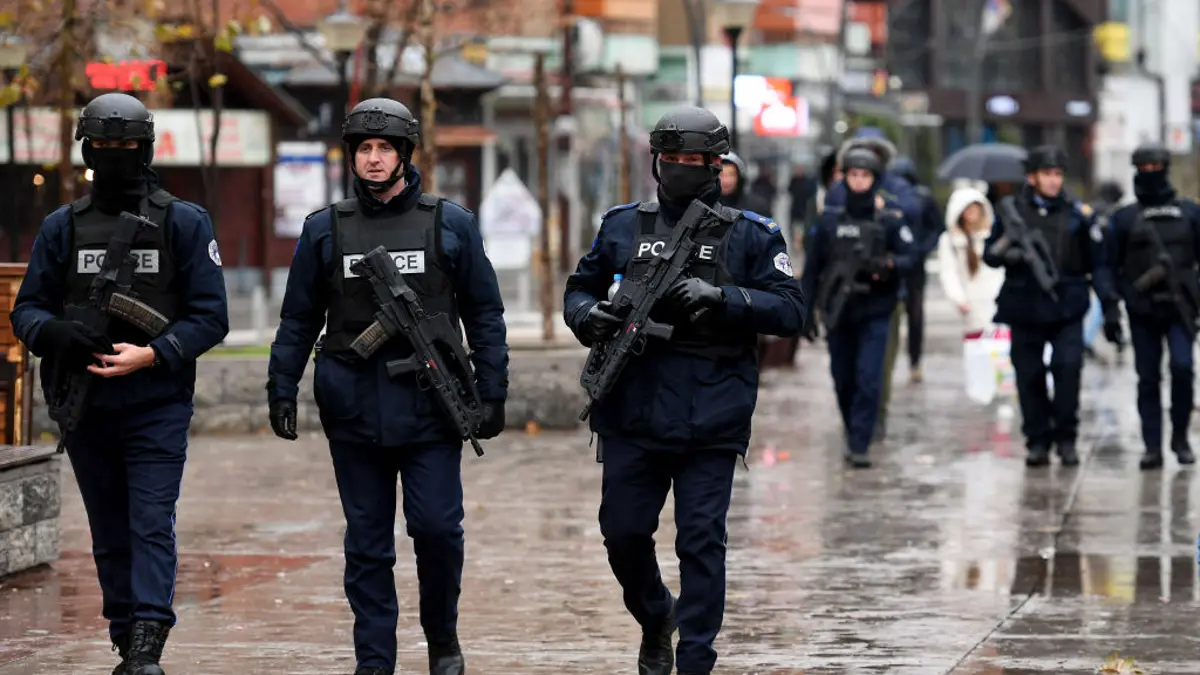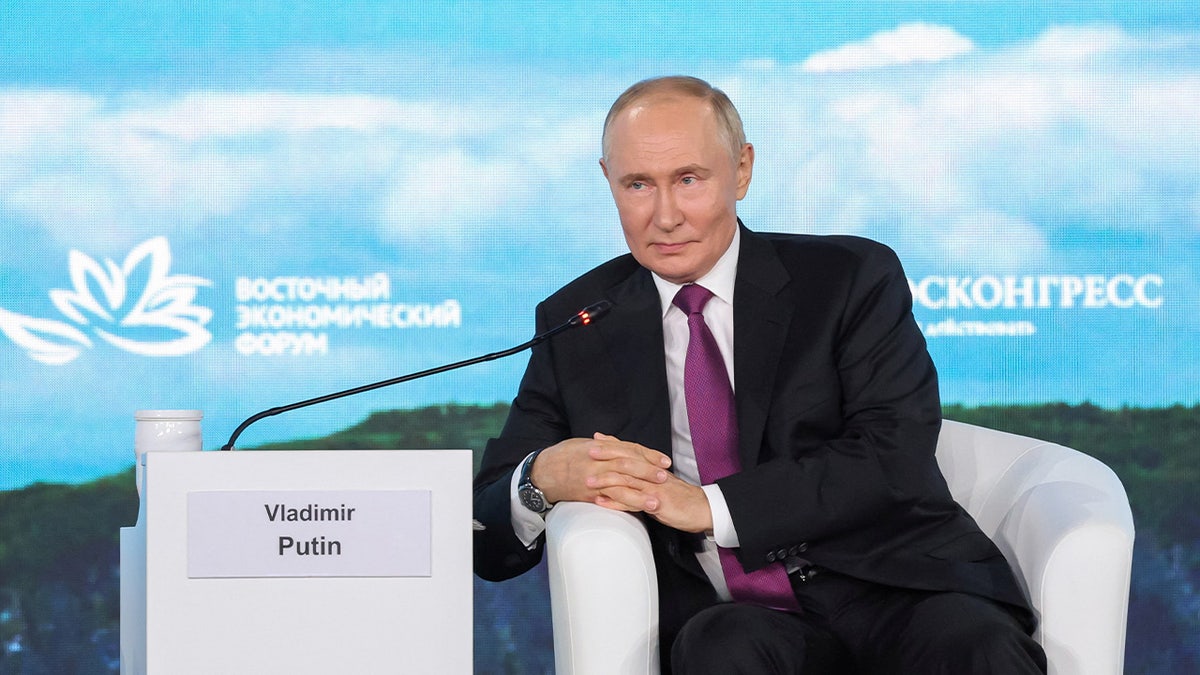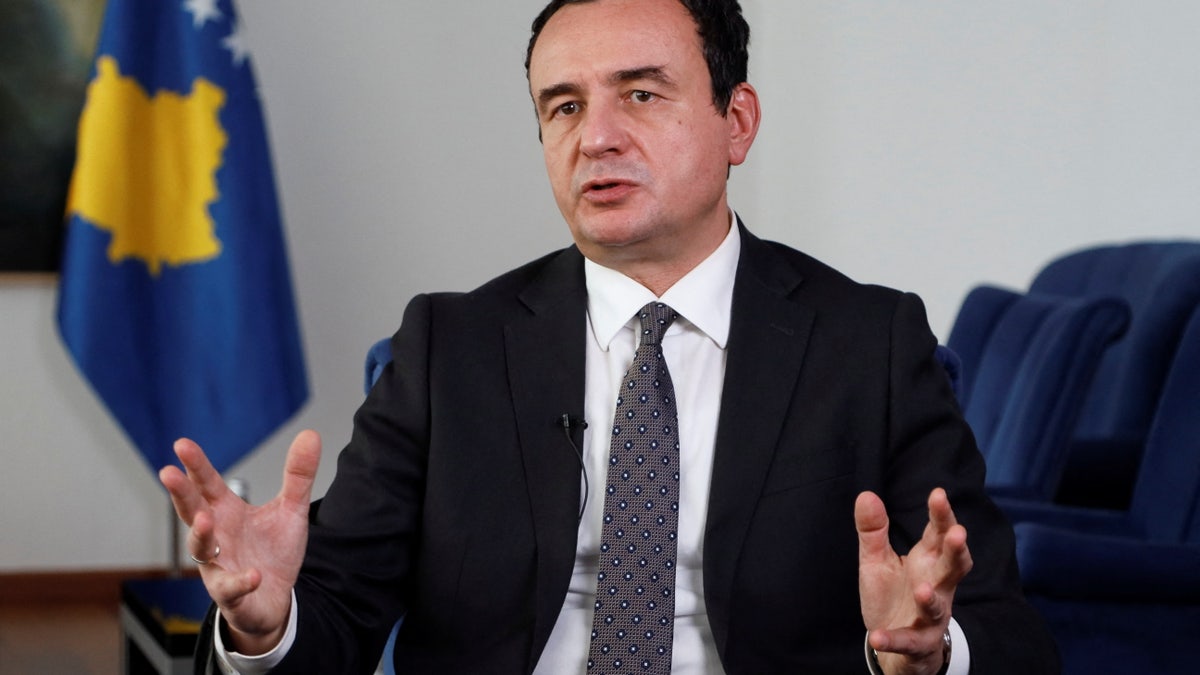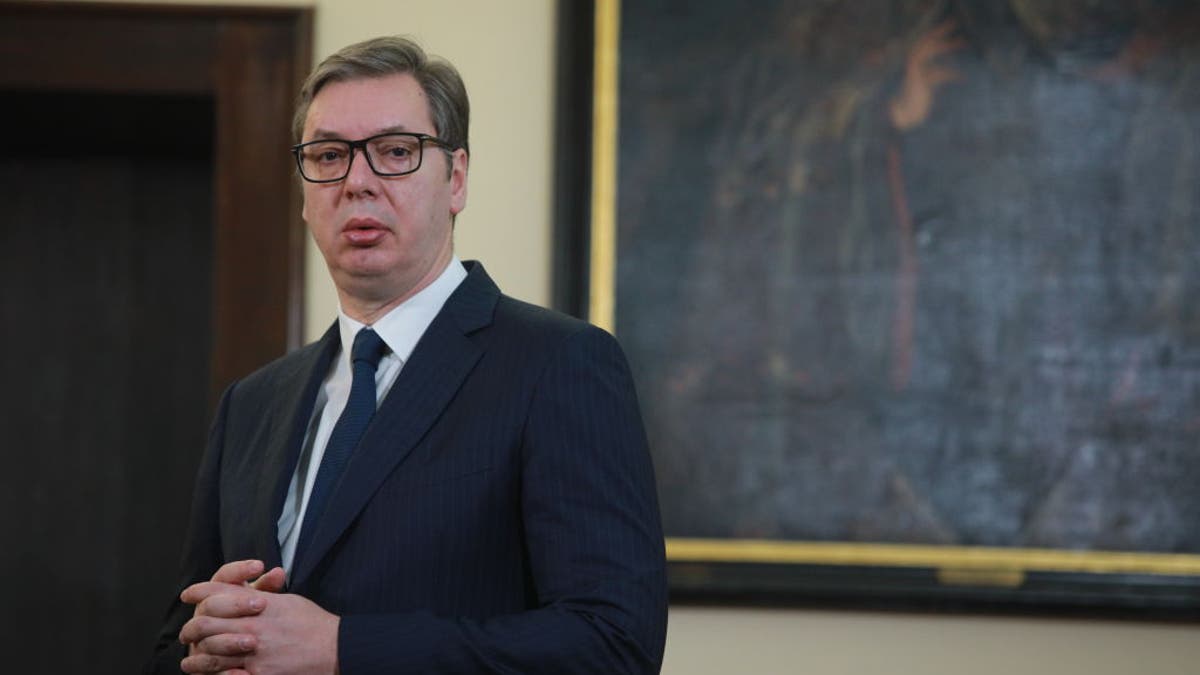Tensions are escalating in the Balkans as the Kosovo government accuses Serbia of orchestrating the destruction of a vital pipeline supplying water and electricity to the predominantly Serb-populated northern region. Adding to the complexity, some Kosovar officials suggest potential involvement of Russian President Vladimir Putin.
Ivana Stradner, a research fellow at the Foundation for the Defense of Democracies, highlighted Serbia's role in what she describes as the Kremlin's strategy to destabilize the Balkans, providing leverage against Western powers wary of further escalation. Russia's historical, cultural, and religious ties to the region, particularly with the Serbian Orthodox Church, are seen as tools exploited by Putin to exacerbate ethnic and religious divisions. Stradner argues that this manufactured instability also benefits Serbian President Aleksandar Vučić, allowing him to consolidate his power.

Former Albanian ambassador to the U.S. and UN, Agim Nesho, points to Russia's stated goal of a neutral Western Balkans, clashing with the NATO membership of most Balkan states. Nesho cites events in Montenegro, including an alleged assassination attempt on President Milo Đukanović, and the rise of pro-Russian political factions as evidence of Russia's influence. However, he emphasizes that Kosovo and Albania remain staunchly pro-American due to historical U.S. support.
Experts like Helena Ivanov of the Henry Jackson Society caution against hasty conclusions, noting the fluidity of information and the need for thorough investigations. Ivanov emphasizes the importance of substantiated evidence, given the history of unsubstantiated claims in previous Balkan crises.

Kosovo Prime Minister Albin Kurti has drawn parallels between the pipeline attack and Russia's targeting of Ukrainian energy infrastructure, though evidence of direct Russian involvement remains absent. Kurti directly blames Serbia and President Vučić for what he terms a terrorist attack. Kosovo's ambassador to the U.S., Ilir Dugolli, echoes these sentiments, accusing Serbia of a sustained campaign of aggression and highlighting the sophisticated nature of the attack, involving approximately 20 kilograms of explosives.

President Vučić vehemently denies the allegations, labeling them baseless and calling for an international investigation into the sabotage. Serbian Foreign Minister Marko Đurić reiterates these demands, suggesting the incident is a hybrid attack aimed at discrediting Serbia. Đurić even hints at potential Kosovar involvement without offering supporting evidence, while emphasizing Serbia's willingness to cooperate with the investigation.

Kosovo's Interior Minister Xhelal Svecla reports the arrest of eight suspects and the repair of the damaged pipeline. He also mentions raids on 10 locations, resulting in the seizure of uniforms, heavy weaponry, and military equipment. Recent meetings between Kurti, Vučić, and EU High Representative Kaja Kallas underscore the EU's emphasis on normalized relations as a prerequisite for membership for both Kosovo and Serbia.
The unresolved conflict stemming from the 1999 war and Kosovo's 2008 declaration of independence continues to hinder the normalization process. The predominantly Serb-populated northern Kosovo remains a point of contention, with local Serbs still aligning themselves with Belgrade.
Comments(0)
Top Comments